Carbohydrates are an important part of our diet. They give us energy. But, how many carbohydrates should we eat each day? This is a common question. This article will help you understand the right amount of carbs for your body.
What Are Carbohydrates?
Carbohydrates are one of the three main nutrients. The other two are protein and fat. Carbs are found in many foods. They are in bread, rice, fruits, and vegetables. There are two types of carbohydrates:
- Simple Carbohydrates: These are sugars. They are found in candy, soda, and some fruits.
- Complex Carbohydrates: These are starches. They are in whole grains, beans, and vegetables.
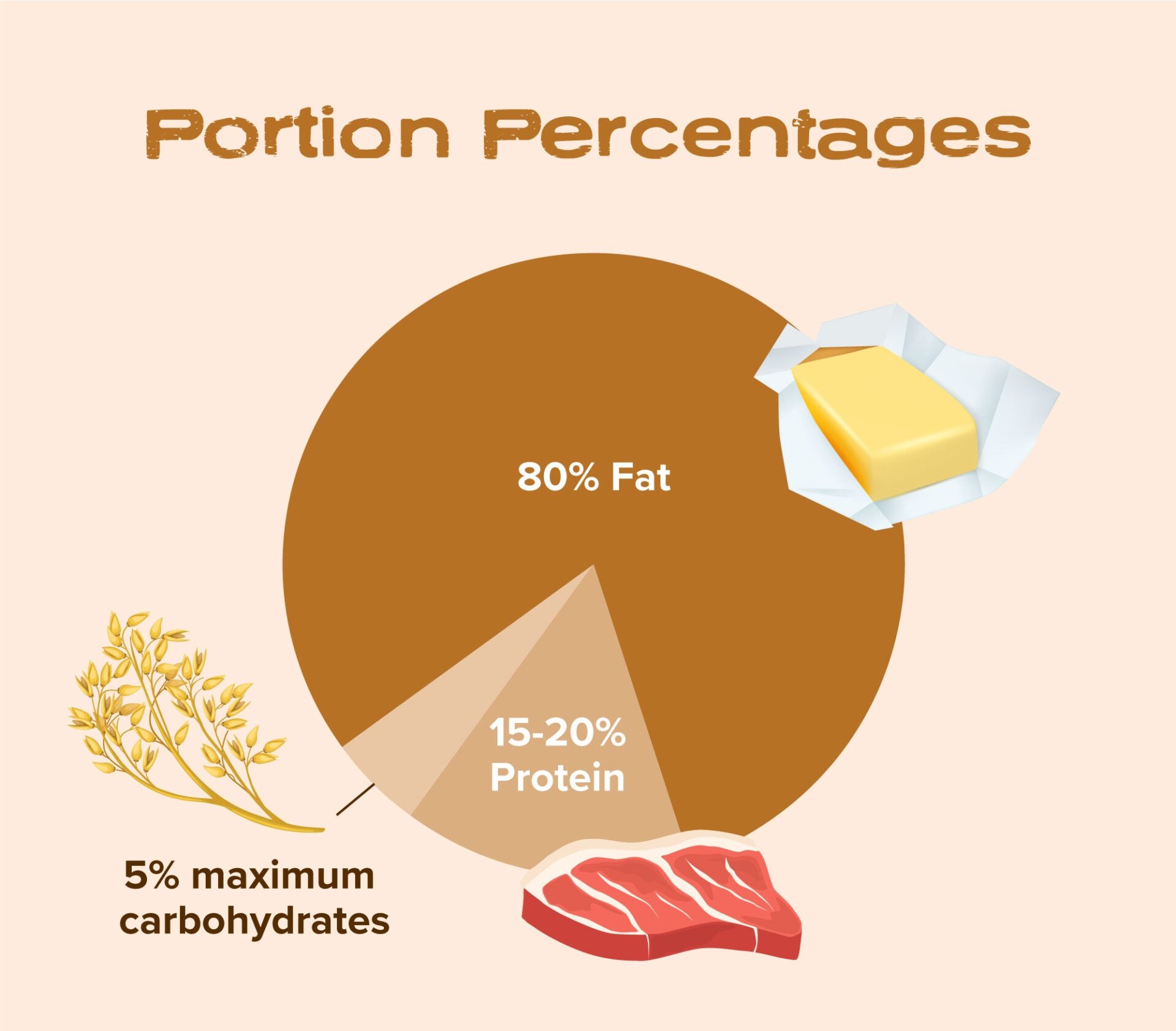
Credit: ketoketo.co
Why Do We Need Carbohydrates?
Carbohydrates are important for many reasons:
- They provide energy for our body.
- They help our brain work well.
- They support our muscles during exercise.
- They keep our digestive system healthy.
How Many Carbohydrates Should You Eat?
The amount of carbohydrates you should eat can depend on many things. Here are some factors to consider:
1. Age
Children and teens need more carbs. They are growing and active. Adults need fewer carbs.
2. Activity Level
If you exercise a lot, you need more carbs. If you sit most of the day, you need less.
3. Overall Health
Some health conditions need special diets. Talk to a doctor if you are unsure.
General Guidelines for Carbohydrate Intake
Here are some general guidelines:
Daily Carbohydrate Intake
Most people should get about 45-65% of their daily calories from carbohydrates. This means:
| Calories per Day | Carbohydrates per Day (grams) |
|---|---|
| 1,800 | 202-292 grams |
| 2,000 | 225-325 grams |
| 2,500 | 281-406 grams |
Carbs For Kids
Children need carbohydrates, too. Here is a simple guideline:
| Age Group | Carbohydrates per Day (grams) |
|---|---|
| 1-3 years | 130 grams |
| 4-8 years | 130 grams |
| 9-13 years (boys) | 130 grams |
| 9-13 years (girls) | 130 grams |
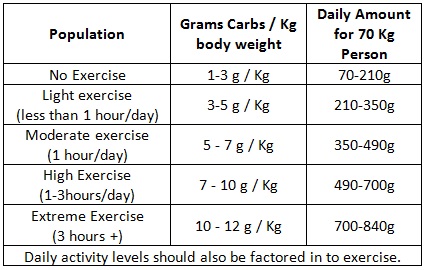
Credit: one2onenutrition.co.uk
Choosing the Right Carbohydrates
Not all carbohydrates are the same. Some are better for you than others. Here are some tips:
- Choose whole grains: Look for brown rice, whole wheat bread, and oats.
- Eat fruits and vegetables: They have vitamins and fiber.
- Avoid added sugars: Limit candy, cookies, and sugary drinks.
Signs of Too Few Carbohydrates
Eating too few carbohydrates can cause problems. Here are some signs:
- Feeling tired all the time.
- Having trouble concentrating.
- Feeling weak during exercise.
Signs of Too Many Carbohydrates
Eating too many carbohydrates can also cause issues. Here are some signs:
- Gaining weight.
- Feeling bloated or gassy.
- Having high blood sugar levels.
How to Balance Your Carbohydrate Intake
Balancing your carbohydrate intake is important. Here are some tips:
- Plan your meals: Include a mix of carbs, proteins, and fats.
- Watch your portions: Use smaller plates to help control serving sizes.
- Read labels: Check food labels for carbohydrate content.
Consulting a Health Professional
If you are unsure, talk to a doctor or dietitian. They can help you. They can create a plan for your needs. This plan can help you stay healthy.
Conclusion
Carbohydrates are an important part of our diet. They provide energy and help our bodies function. Most people should get 45-65% of their calories from carbs. The right amount depends on age, activity level, and health. Choose healthy carbs to stay fit. Always listen to your body. If you have questions, seek advice from a professional.


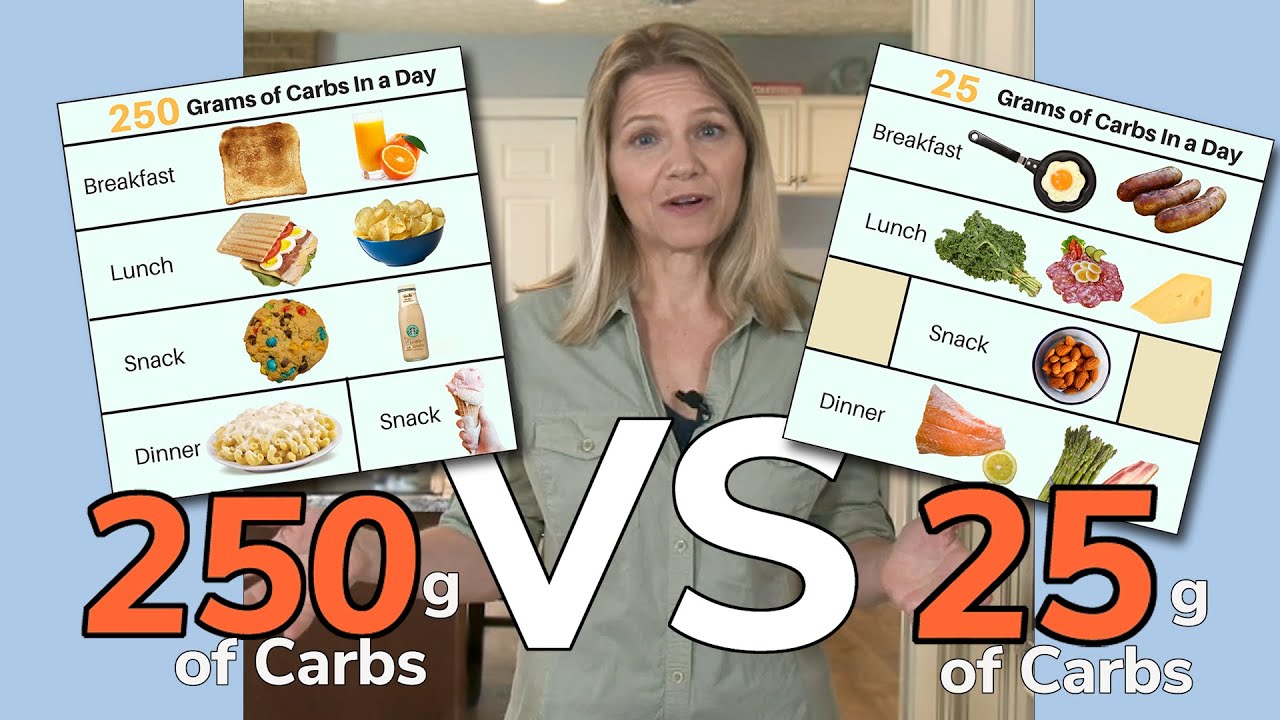










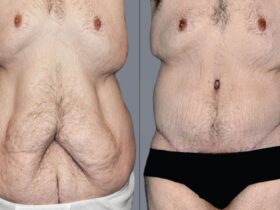
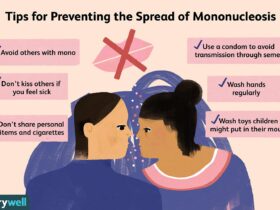
Leave a Review